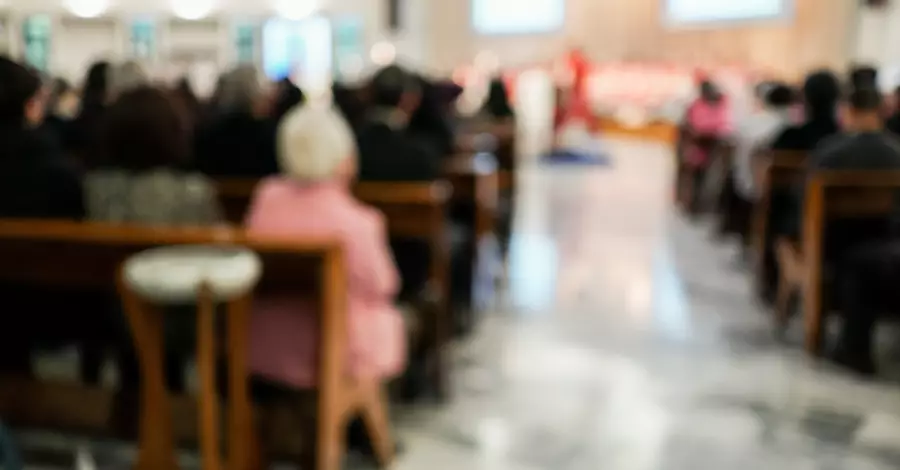The U.S. Supreme Court delivered a major victory to religious liberty advocates over the Thanksgiving holiday, preventing New York Gov. Andrew Cuomo from enforcing a restriction that limits houses of worship to 10 and 25 persons during the pandemic, no matter the size of the building.
It was the first time the nation’s highest court had sided with churches or synagogues during the pandemic. It also underscored the significance one justice – Trump nominee Amy Coney Barrett – can make. She replaced the late Justice Ruth Bader Ginsburg, who had voted against houses of worship in a similar case earlier this year. That earlier decision was a 5-4 loss for religious liberty advocates. This one was a 5-4 victory.
The order, issued on the eve of Thanksgiving, was unsigned.
“Even in a pandemic, the Constitution cannot be put away and forgotten,” the majority opinion ruled. “The restrictions at issue here, by effectively barring many from attending religious services, strike at the very heart of the First Amendment’s guarantee of religious liberty.”
At issue are restrictions by Cuomo that limit churches and synagogues to 10 persons in so-called “red zones” and 25 persons in orange zones. The Roman Catholic Diocese of Brooklyn and Agudath Israel of America brought the suit.
The majority issued an injunction against Cuomo, saying the churches and synagogues in question likely will succeed in their lawsuit.
The regulations, the court ruled, “single out houses of worship for especially harsh treatment.”
“In a red zone, while a synagogue or church may not admit more than 10 persons, businesses categorized as ‘essential’ may admit as many people as they wish,” the court ruled. “And the list of ‘essential’ businesses includes things such as acupuncture facilities, campgrounds, garages, as well as many whose services are not limited to those that can be regarded as essential, such as all plants manufacturing chemicals and microelectronics and all transportation facilities. … The disparate treatment is even more striking in an orange zone. While attendance at houses of worship is limited to 25 persons, even non-essential businesses may decide for themselves how many persons to admit.”
But in a separate action Friday, the court indicated that some restrictions on churches are constitutional. As Christian Headlines previously reported, the court declined to get involved in the case of Louisiana pastor Tony Spell, who faces criminal charges for defying restrictions on mass gatherings in the early weeks of the pandemic. Spell held services with no social distancing. Samuel Alito, a member of the court’s conservative bloc who is assigned emergency requests from Louisiana and the Fifth Circuit, rejected Spell’s request.
Both the Roman Catholic Diocese of Brooklyn and Agudath Israel of America say their houses of worship have followed public health guidance and “operated at 25 percent or 33 percent capacity for months without a single outbreak,” the court ruled in its Wednesday decision.
The New York houses of worship that brought the lawsuit can seat between 400 and 1,000 individuals.
“It is hard to believe that admitting more than 10 people to a 1,000–seat church or 400–seat synagogue would create a more serious health risk than the many other activities that the State allows,” the majority ruled.
Barrett was joined in the majority opinion by Alito and Justices Brett Kavanaugh, Clarence Thomas and Neil Gorsuch. Chief Justice John Roberts joined the court’s liberal bloc, arguing that an injunction was unnecessary because Cuomo had loosened the restrictions on the houses of worship since the suit had been filed. Still, Roberts acknowledged the restrictions “raise serious concerns under the Constitution” and “are distinguishable” from previous cases the court considered this year.
The majority said a virtual service is “not the same” as in-person attendance.
“Catholics who watch a Mass at home cannot receive communion, and there are important religious traditions in the Orthodox Jewish faith that require personal attendance,” the majority opinion read.

No comments:
Post a Comment